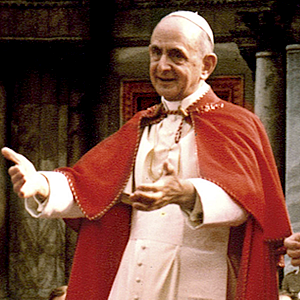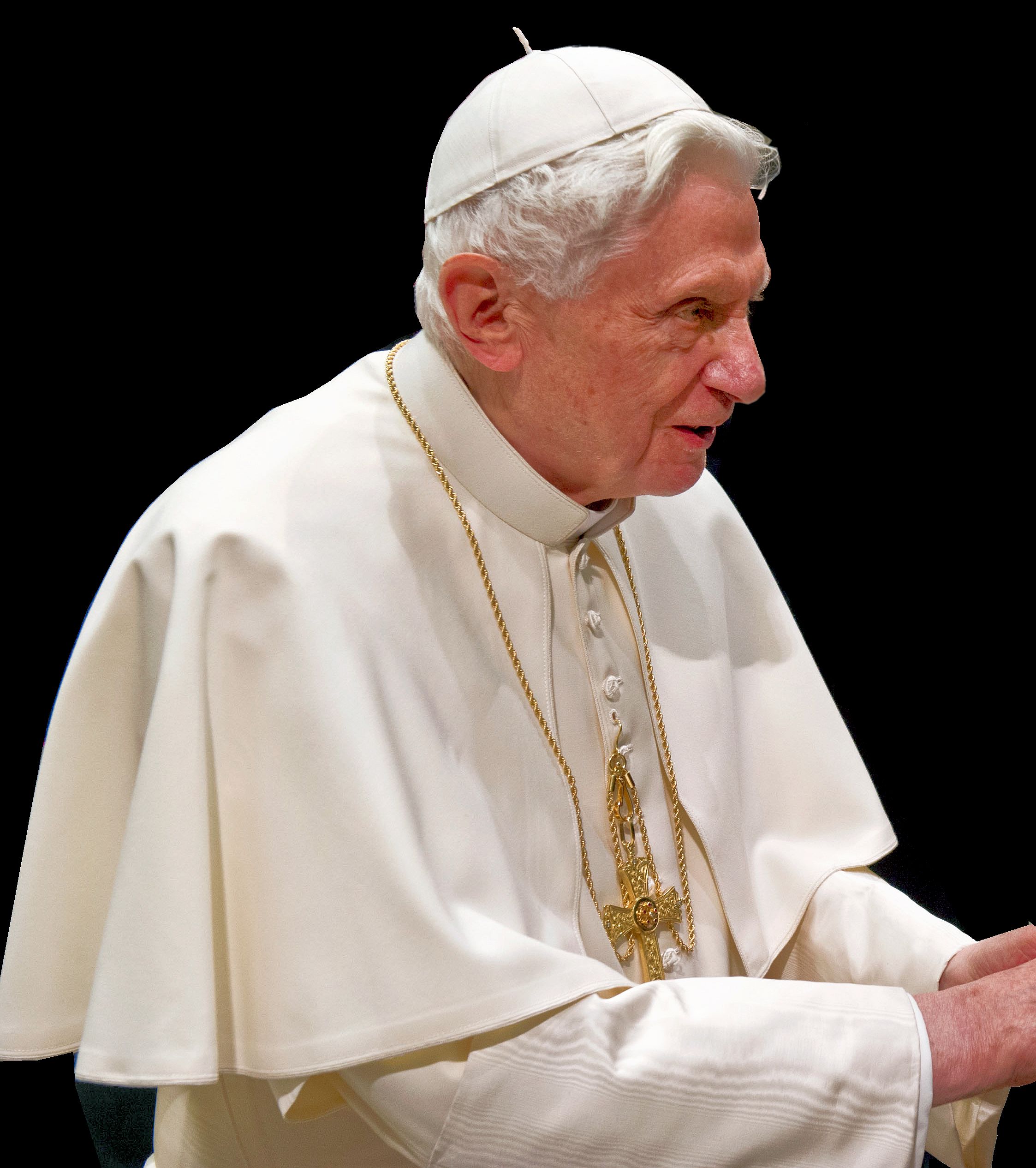| Venerable Pope Pius XII celebrating Holy Mass |
The liturgical movement is thus shown forth as a sign of the
providential dispositions of God for the present time, of the movement of the
Holy Ghost in the Church, to draw men more closely to the mysteries of the
faith and the riches of grace which flow from the active participation of the
faithful in the liturgical life.
...
As
We have said in the encyclical Mediator
Dei, the liturgy is a vital function of the Church as a whole, and not of a
single group or “movement” only: “The sacred liturgy is the public worship of
the Mystical Body of Jesus Christ in the entirety of its Head and members.”
…
Therefore
everything is directed towards God, His service and His glory. The Church,
filled with the gifts and the life of God, devotes itself with an interior and
spontaneous movement to the adoration and praise of the infinite God, and
through the liturgy, renders Him, as from a society, the worship that is due to
Him.
…
The solemn liturgical ceremonies are, besides, a profession of faith in action. They express the great truths of faith concerning the inscrutable designs of God’s generosity and His inexhaustible goodness to men, concerning the love and mercy of the heavenly Father for the world, to save which He sent His Son and delivered Him to death. Thus, the Church in the liturgy abundantly dispenses the treasures of the “deposit of faith,” the truth of Christ.The care of the hierarchy extends still further to everything which contributes to the greater beauty and dignity of the liturgical ceremonies, whether in the matter of places of worship, of furnishings, of liturgical vestments, of sacred music or sacred art.
...
1)
The Action of Christ
What is this principal action of the eucharistic sacrifice?
We have spoken of it explicitly in the Allocution of November 2, 1954. We then
quoted, first, the teaching of the Council of Trent:
In this divine sacrifice which takes place at Mass, the same Christ is present and is immolated in an unbloody manner who on the cross once and for all offered Himself in a bloody manner . . . . For the victim is one and the same, now offering Himself through the ministry of priests, who then offered Himself on the Cross; only the manner of offering is different.
We then continued in these terms:
Therefore it is the priest-celebrant, and he alone, who, putting on the person of Christ, sacrifices: not the people, nor clerics, nor even priests who reverently assist. All these, however, can and should take an active part in the sacrifice.
...
2)
The Presence of Christ
Anyone who adheres sincerely to this doctrine does not think
of the formulating objections against the presence of the tabernacle on the
altar. In the Instruction of the Holy Office “On Sacred Art” of June 30, 1952,
the Holy See insists, among other things, on this point:
This Supreme Sacred Congregation strictly commands that the prescriptions of Canons 1268, par. 2, and 1269, par. 1, be faithfully observed: “The Most Blessed Sacrament should be kept in the most distinguished and honorable place in the church, and hence as a rule at the main altar unless some other be considered more convenient and suitable for the veneration and worship due to so great a Sacrament. . . . The Most Blessed Sacrament must be kept in an immovable tabernacle set in the middle of the altar.”
It is not so much to the material presence of the tabernacle
on the altar as to a tendency toward a lesser esteem for the presence and the
action of Christ in the tabernacle that We would like to draw your attention.
The sacrifice of the altar is considered sufficient, and the importance of Him
who accomplished it is diminished. But the person of the Lord must occupy the
centre of worship, for it is that which unifies the relations of the altar and
the tabernacle and gives to them their meaning.
3)
The Infinite and Divine Majesty of Christ
In conclusion we would like to add two observations on “the
liturgy and the past” and “the liturgy and the present time.”
The
liturgy and the past. In the matter
of liturgy, as in many other spheres, one must avoid two extreme attitudes with
regard to the past: a blind attachment and a complete contempt. There are found
in the liturgy unchangeable elements, a sacred content which transcends time,
but also elements which are variable and transitory, and sometimes even
imperfect. The present-day attitude of liturgical milieux towards the past
seems to Us in general to be entirely sound: there is investigation, serious
study, attachment to that which truly deserves it, without, moreover, a falling
into excess. Here and there, however, there appear ideas and erring tendencies,
oppositions, enthusiasms or condemnations with whose concrete from you are well
acquainted and of which We have said a word above.
The
liturgy and the present time. the liturgy confers on the life of
the Church, and even on the whole religious attitude of today, a characteristic mark. Above all, one notices an active and intelligent
participation by the faithful in liturgical actions. On the part of the Church,
the liturgy today admits of a preoccupation with progress, but also with
conservation and defence. She returns to the past without slavishly copying it,
and creates anew in the ceremonies themselves, in the use of the vernacular, in
popular chant and in the building of churches. It would be, however,
superfluous to recall once again that the Church has serious reasons for
retaining steadfastly in the Latin rite the unconditional obligation of the
celebrating priest to use the Latin language, and, likewise, for insisting that
the Gregorian chant at the holy sacrifice shall be in the language of the
Church. The faithful, on their part, are concerned with responding to the
measures taken by the Church, but in so doing they adopt profoundly different
attitudes. Some will show readiness, enthusiasm, occasionally even a too active
desire, which demands interventions of authority. Others will show indifference
and even opposition. Thus is manifested the diversity of temperaments, as also
preferences for individual piety or for community worship.
Allocution by Pope Pius XII, taken from The Assisi
Papers: Proceedings of the First International Congress of Pastoral Liturgy,
Assisi-Rome, September 18-22, 1956. Published as a Supplement to Worship, by The Liturgical Press,
Collegeville, Minn, 1957: pp. 223-236.










